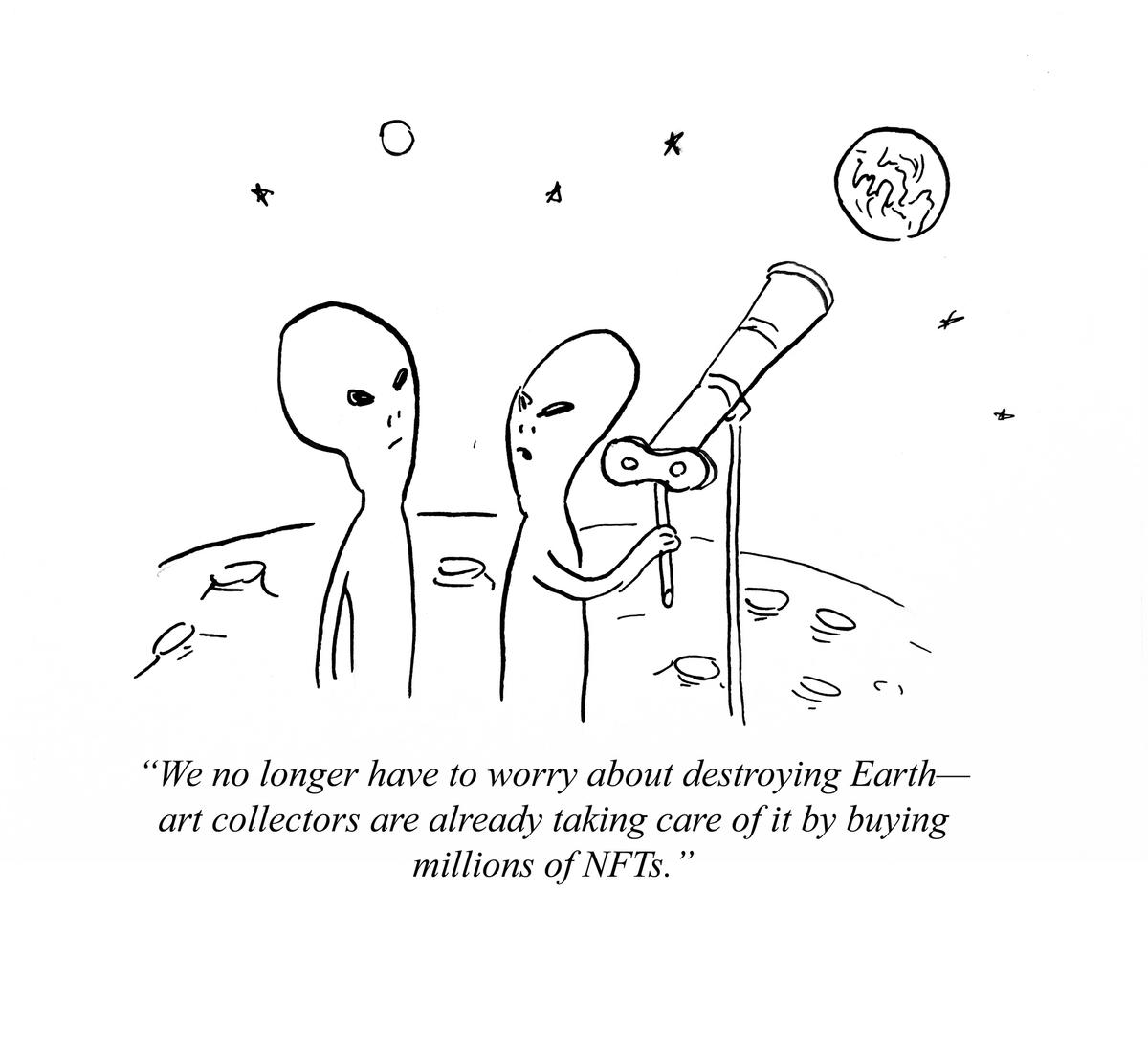In any other industry, when you buy something, it belongs to you and you can do with it as you will. If you want to spray your new house, car or dishwasher with neon graffiti, knock yourself out. It might impact on its resale value, but it won’t stop you buying another house, car or dishwasher in the future.
As we know, though, art is not like any other product and buying it comes with its own set of often unspoken rules. So, hats off to the worldwide group of around 50 collectors who have contributed towards a new code of conduct for would-be buyers of contemporary art. Their code uses the language of professional ethics—“deontology” is a new one on me—and was launched last month.
Its findings, viewable at ethicsofcollecting.org, fight for a noble cause. They encourage ideals such as conserving and documenting art, keeping it for the long term and making pieces available for public exhibition. The code is a helpful guide to explain what turns a “buyer” into a “collector” and contains an ambitious call to action: “We aim to move away from collecting being a secretive activity, pure buying power, a vehicle to social status or a capricious and at times abusive private passion.”
Don’t break the law
It is a timely exercise. Ethics, transparency and accountability are more important than ever in the art ecosystem and beyond. Meanwhile, a flood of new entrants, via various channels, are challenging the status quo.
And yet, the more I read the recommendations, the more they irritate me. It seems beyond the code’s scope of suggestion to remind that buyers shouldn’t do anything illegal: “Sexual harassment [towards an artist] is strictly prohibited,” for example. There are also some responsibilities that I don’t think necessarily fall to collectors, notably “Holding dealers accountable to pay artists promptly.”
Patronising patrons
Even the more reasonable recommendations seem unreasonable after a while. If I put myself in the shoes of someone who has just spent quite a lot of money on a work of art, I would not want to be nudged to “show, frame, store, catalogue, preserve, and where applicable restore the artworks… in the best possible conditions to assure their integrity and longevity”. It’s a prescriptive and costly ask, plus I think risks patronising many would-be patrons. Most buyers—including those motivated by greed and glory—want their art to look good and stay intact. Otherwise, why spend money on it in the first place?
Private collecting is not a profession, it’s a high-end hobby. Sometimes a very obsessive one, sometimes for a bit of fun. But always, I think, a very personal activity. The new guidance makes a worthwhile bid for “collecting” to be more “collective” and, in an ideal art world, all the parts would work together more smoothly. Generally, though, collecting is still about one person, acting on a whim or an urge—and our entire industry is currently structured to service that moment. There is an argument that it won’t always be this way, and some compelling reasons why it shouldn’t be, but collectors of all stripes are currently what keeps it ticking over. A call for structural change towards a more ethical environment needs to begin elsewhere in the market system.



